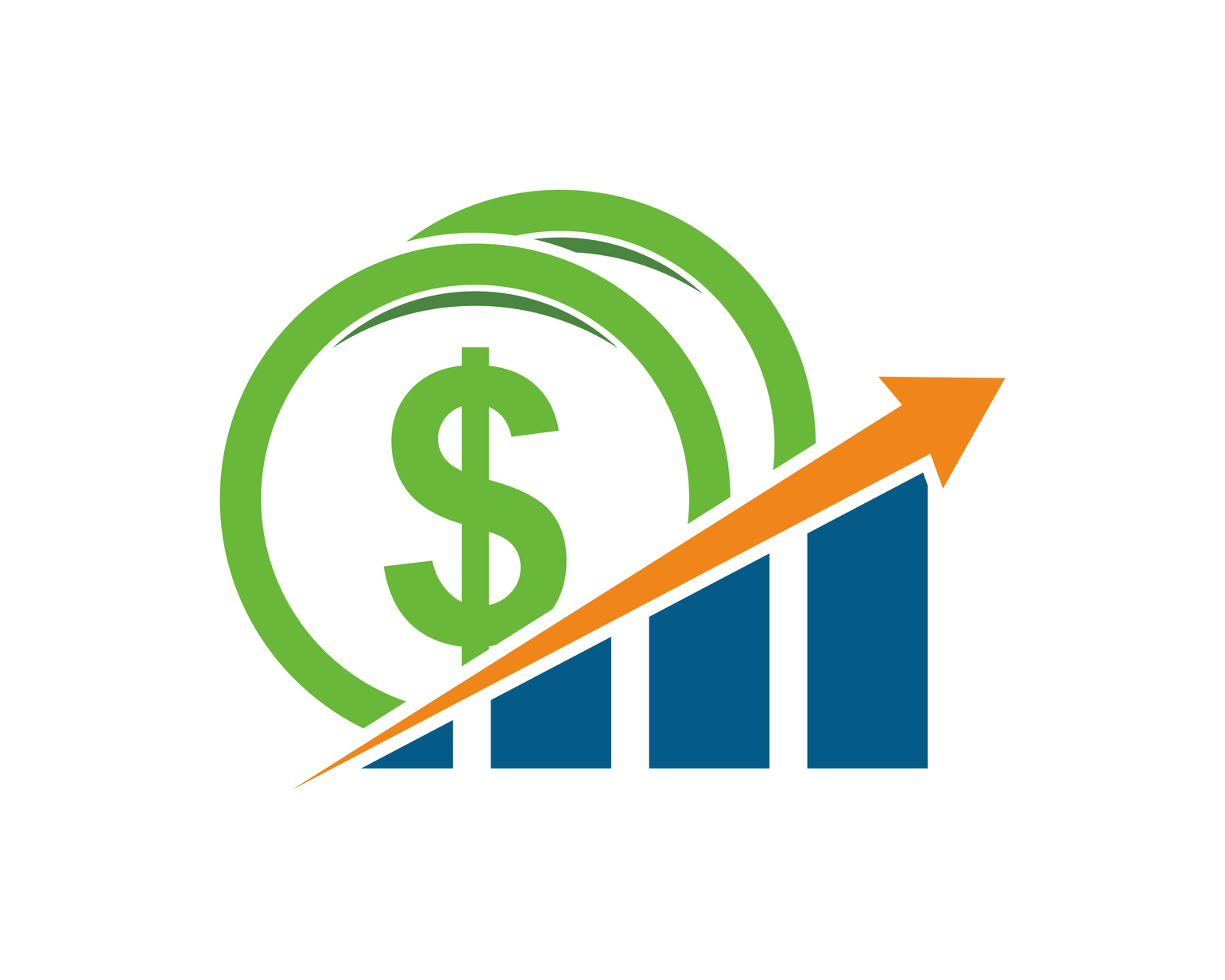If you are wondering how you can achieve the best IRA rates, there are two words that you need to keep in mind; diversification and comparison. If you wish to invest in IRA CD, today’s five year rate for this investment is 3.93%. With that being said, you will obtain better rate for CD if you utilize personal, instead of your retirement funds.
Rate of Return
At present, the standard non IRA CD rates is about 4.15%, though you will see rates which can go as high as 5.23% at different local banks around the country. Thus, it’s very critical to shop around and compare, whether you are searching for the best investments or IRA rates to improve your portfolio.
Diversification is the main foundation of a strong investment portfolio. You want to house your money in mutual funds that perform well in the market as well as other traditional investment vehicles, though you should not fail to look at the “less” conventional opportunities to prepare for your retirement vigorously. That is, if you want to have a healthy nest egg once you retire.

